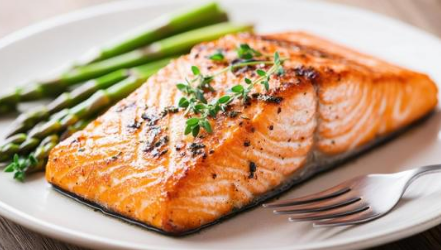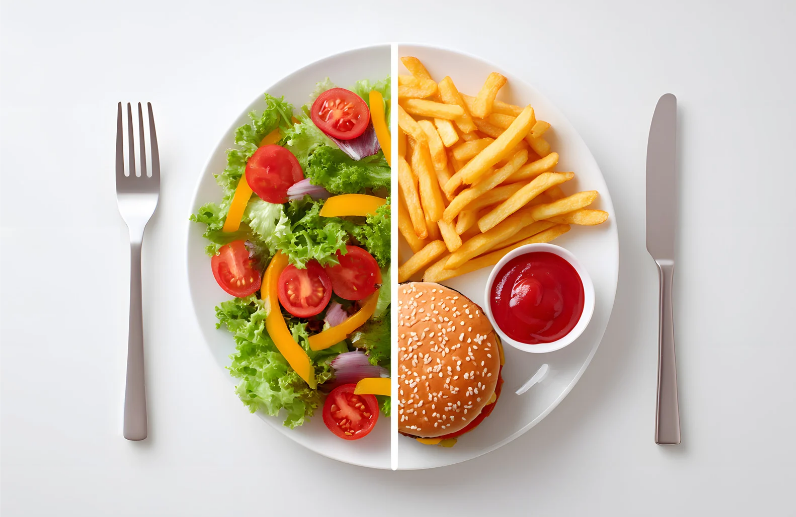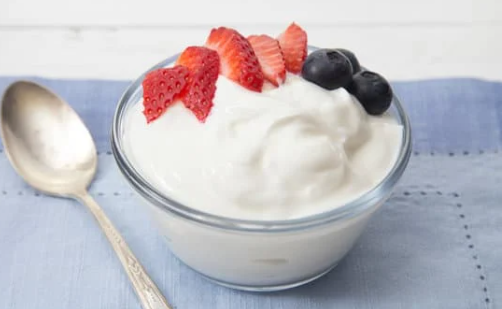For years, “low-fat” was the gold standard for eating healthy. Fat-free yogurts, low-fat cookies, and reduced-fat everything filled grocery shelves and health magazines. But we now know that not all fats are created equal, and cutting too much fat from your diet can do more harm than good.
Let’s clear up the confusion and talk about what you need to know about fat.
The Problem with Low-Fat Diets
While reducing certain types of fat (like trans fats) is beneficial, overly restricting fat can:
Disrupt hormone production. Fats are essential for creating hormones like estrogen and testosterone. Very low-fat diets can throw off your hormonal balance, especially in women.
Interfere with nutrient absorption. Vitamins A, D, E, and K are fat-soluble, meaning they need fat to be absorbed properly.
Impact mental health. Your brain is nearly 60% fat. Studies suggest that healthy fat intake supports mood, memory, and focus.
Lead to increased sugar and carb intake. Many low-fat products are loaded with added sugar or refined carbs to make up for lost flavor, which may increase the risk of insulin resistance and weight gain.
Fat Isn’t the Enemy—It’s About the Type
What matters most is the quality of the fats you eat. Here’s a simple guide:
Healthy fats to include:
Avocados
Nuts and seeds (like walnuts, almonds, and chia)
Olive oil and other cold-pressed oils
Fatty fish (salmon, sardines, mackerel)
Eggs (including the yolk!)
Fats to limit or avoid:
Trans fats (found in many processed and fried foods)
Excess saturated fats from processed meats and full-fat dairy (moderation is key)
Hydrogenated oils and margarine
What’s Recommended?
According to the Dietary Guidelines for Americans, about 20–35% of your daily calories should come from fat, with a focus on unsaturated fats from whole, minimally processed sources (USDA, 2020–2025).
A Tip from Your PeopleOne Health Coach: Don’t fear fat—focus on adding healthy fats to meals instead of obsessing over cutting them out. Think: drizzling olive oil on roasted veggies, sprinkling seeds on your salad, or enjoying a few slices of avocado on whole grain toast.
The Bottom Line
A healthy diet isn’t about eliminating fat—it’s about choosing the right types in the right amounts. If you’ve been stuck in a low-fat mindset, it may be time to rethink your approach.
Let’s nourish your body, not restrict it.













